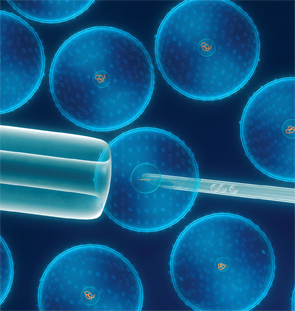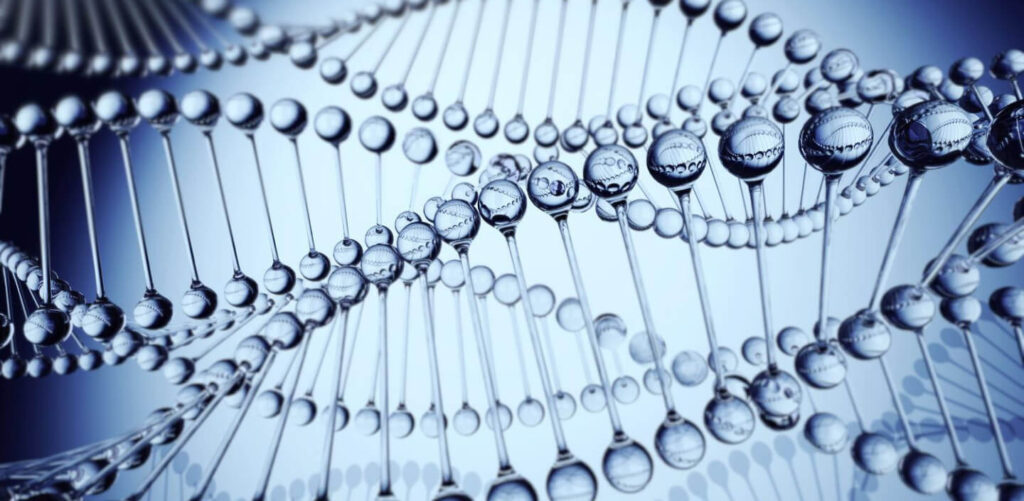LONDON • Britain granted its first licence for the genetic modification of human embryos as part of research into infertility and why miscarriages happen, in a move likely to raise ethical concerns.. Read more at straitstimes.com.
www.straitstimes.com
CRISPR: Gene Editing in discarded embryos approved in the UK for the study of subfertility and recurrent miscarriages
Every so often, a major scientific breakthrough profoundly alters the trajectory of scientific research. In the 1960s, microbiologists sparked the recombinant-DNA…

www.the-rheumatologist.org|By Simon M. Helfgott, MD
Introducing the Brave New World of CRISPR Gene Editing: what’s in it for rheumatologists and other non-geneticists (that’s 99.999% of the guardians of the human genome)?
Plenty. For one, the “corrected” genes can be transfected using a suitable viral vector into patients to treat diseases with clearly-defined genetic causes/predisposition. This may open up a whole new therapeutic modality to prevent or cure many autoimmune, neuromuscular, metabolic diseases and cancers.
Read on and be aware, if not wowed.
For the first time ever, scientists have used the CRISPR gene-editing tool to successfully treat a genetic muscle disorder in a living adult mammal. It’s a…
ieet.org
Proof-of-concept of CRISPR Gene Editing: treating Duchenne Muscular Dystrophy in mice.
It is not called CRISPEST, however
www.popsci.com
CRISPR/Cas9 (v1.1): this update corrects some errors in the prototype version (it may snip at the wrong places😲)
CRISPR/Cas9 has been touted as an almost magical technology in the news—and rightly so. The technique allows scientists to alter the DNA of living cells and, it’s…

singularityhub.com
CRISPR/Cpf1 (v2.0): the science is definitely moving way too fast!
